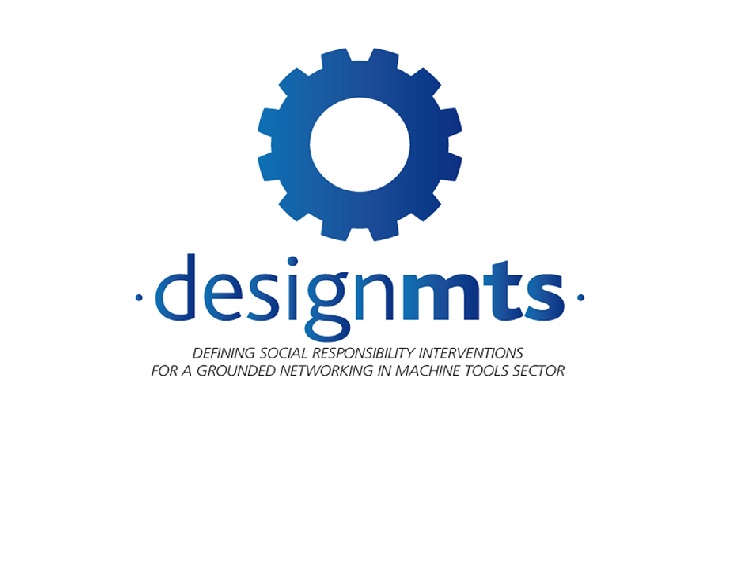The recently concluded multi-stakeholder Design_MTS project has facilitated enterprises in Europe’s Machine Tool Sector (MTS) to take a strategic approach to Corporate Social Responsibility (CSR) and sustainability. Since July 2013, Design MTS partners in the partly funded European Commission project have raised the bar for CSR in machine tool sector by practically integrating a multi-stakeholder approach to develop awareness and socially responsible best practice and to enhance the visibility and value of CSR in the MTS.
As the project drew to a close in December 2014, it formulated the principles around raising awareness and communication on CSR and facilitating a strategic approach to CSR in the MTS. These promised to bring continued benefits in terms of risk management, cost savings, access to capital, customer relationships, and human resource management and innovation capacity.
Training
Free-of-charge online training modules are now offered to machine tool companies (mainly SMEs) and trade associations in MTS in a bid to raise awareness about the strategic value of CSR and CSR international standards to help the sector meet the growing requirements on large customers of machine tool SMEs. Access the training modules here: http://designmts.eu/training-modules/
On conclusion of the project, key findings resulting from project activities above all highlighted the importance of continuing to build on the CSR awareness and understanding for stakeholders through continued education. Specifically, further scope for improvement and action was linked to the need to develop practical competence of stakeholders by focusing on skills development, monitoring performance, information sharing and transfer of innovation initiatives.
Stefan Crets, Executive Director of CSR Europe has reiterated this by saying, ‘’only through continued communication and sharing of good practice on CSR can the capability of MTS enterprises be further enhanced. In a complex and multidimensional sector, good CSR practices potentially impact on several sectors in the supply chain including automotive, aerospace, renewable energy and medical devices. Future cross sectorial incentives such as CSR awards or training programmes for MTS enterprises and their partners in the value chain will be key.’’
The European machine tool industry is an SME-oriented B2B sector providing customers with innovative, highly customized and sustainable solutions. Communication of CSR and sustainability in the sector varies from one company to another depending on many factors including customer demands. It is often larger companies and trade associations at national and European levels which take the leading role in CSR communications.
Filip Geerts, Director General at CECIMO, states “in response to stakeholder expectations, technical requirements and legislation affecting particularly larger companies from user industries such as the automotive sector, the issue of CSR and sustainability is likely to remain a strategic issue among European machine tool builders. Through initiatives like Design MTS project, we raise the level of CSR awareness in the sector and help companies gain competitiveness through sustainability”.
Policy recommendations
To consolidate and continue good progress made by stakeholders to date, project partners have published policy recommendations and a networking strategy to set the foundation for longer-term commitments and enterprise engagement in CSR.
Aligning policy approaches towards CSR and sustainability at the National and European level was identified as key to highlighting its relevance to industry and specific sectors as well as offering insights to policy makers on implementing, fostering, and disseminating CSR within MTS.
Principally, recommendations call for the continuation of partner initiatives that target awareness raising, training and capacity building with the sharing of best practice examples of integrated CSR management in the MTS, other sectors and regions. This will also go a long way to securing sustainable solutions and a robust and viable industry into the future.


